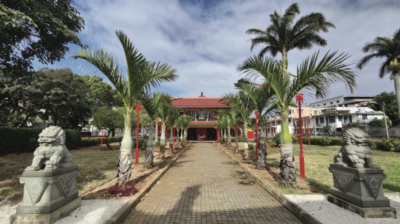Corruption and anti-corruption within the research sector and higher education system in Mozambique
Mozambique experiences high levels of corruption, ranking 142/180 in the 2022 Corruption Perceptions Index (TI no date). Fraud has been cited in elections (BTI 2022) and corruption is reportedly pervasive in areas such as the police and customs and the extractive industries (Bak 2020). There has been a rapid rise in the number of Mozambican universities in the county in past two decades (Miguel et al. 2021), but corruption risks in these institutions and the research sector more broadly remains an under-examined area. Some risks are identified by the limited literature, including political manipulation of university affairs by government, mismanagement of research grant funds and a lack of independence of the country’s quality assurance body (CNAQ). There are also reports of other forms of corruption such as bribery, plagiarism, academic fraud and sextortion for grades within universities. Several mitigation measures can be put into place to strengthen the integrity of the system, and these include accountability mechanisms within universities and research institutions, independence and increased capacity of the CNAQ, anti-plagiarism policies and tools, sanctions for academic dishonesty, anti-corruption clauses in research grant agreements, compliance assessments of universities and research institutions, and enhanced whistleblower protection.




